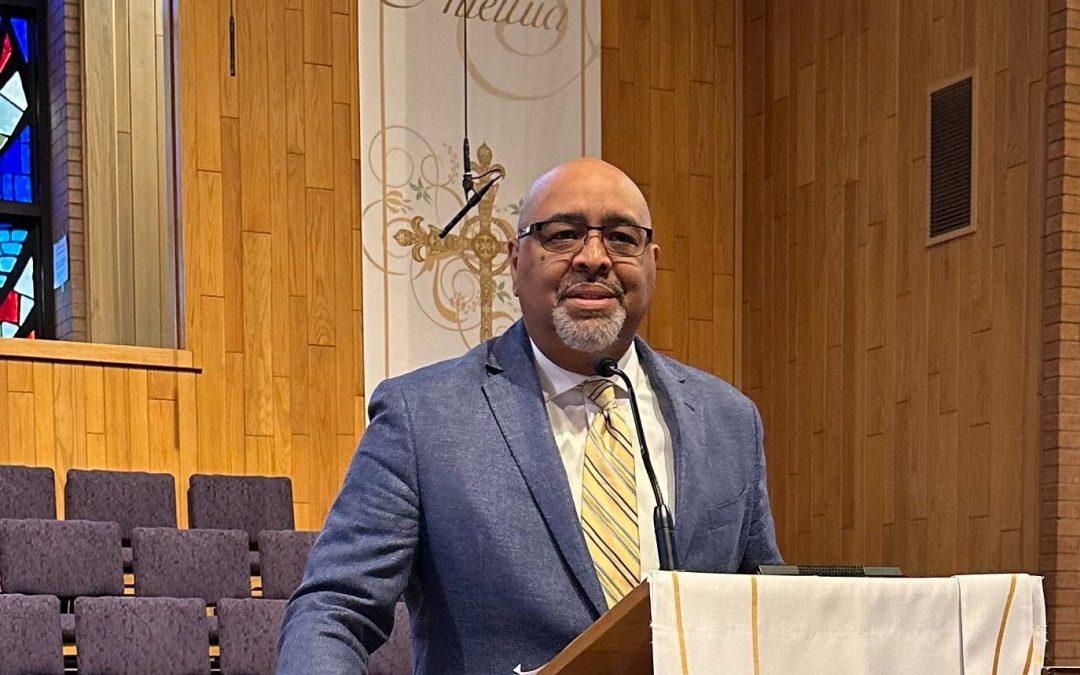In a recent presentation at the Lott Carey annual Spring Missions Conference, Rev. Dr. Christophe Ringer, an associate professor of Theological Ethics and Society at Chicago Theological Seminary, offered a profound exploration of the value of public theology in addressing societal issues.
Dr. Ringer began by discussing the concept of “social death” and the role of public theology in addressing it. He referenced the biblical story of Lazarus, using it as a metaphor for the role of public theology in unbinding people from social death caused by public policies and practices.
He emphasized that public theology involves critical reflection on society from a religious perspective. This reflection critiques injustices in culture and articulates the sacred aspects of public life necessary for fulfilling and meaningful lives. It also offers resources for a corrective vision where public life is governed by policies that violate democratic virtues and practices.
Dr. Ringer then discussed the current state of Christian nationalism and its impact on society, especially in the United States. He referenced Ta-Nehisi Coates’ work, discussing the concept of freedom and its misuse to justify domination over others, compromising the common good. He argued that this misuse of freedom is not divine but a profound ideology, akin to idolatry.
The speaker suggested that idolatry leads to a false sense of history, which is at the core of the need to prove that unarmed black people shot by the police were the cause of their own death. He argued that the COVID-19 pandemic has unveiled the idolatry of whiteness, which he believes is more accurately captured by the language of ideology than by terms like white privilege or white supremacy.
Dr. Ringer concluded by criticizing federal and local government policies during the pandemic that prioritized corporations over people and politicized mask-wearing and stay-at-home orders. He argued that these policies resulted in sickness and death in their own communities, demonstrating the destructive consequences of pursuing policies that prioritize supremacy and privilege.
The presentation also highlighted instances where individuals and groups are willing to sacrifice the weak, elderly, and homeless for the sake of economic benefits or political ideologies. Dr. Ringer argued that public theology can offer a counter-narrative to these harmful ideologies. Drawing on the teachings of Jesus, Rev. Dr. Prathia Hall’s concept of “freedom faith”, and Martin Luther King Jr.’s views on integration, he suggested that public theology can advocate for a society that values all people regardless of race, gender, or class, and seeks the equality and liberation of all people.
Dr. Ringer echoed Angela Davis’s call to reimagine freedom from the perspective of those who have been denied it, arguing that this vision of freedom calls for full economic, political, and social equality. He suggested that public theology can help society move toward a more just future by encouraging us to question our assumptions and confront our complicity in perpetuating social inequalities. By working toward the beloved community, we can help bring about a more inclusive and equitable society.


Recent Comments